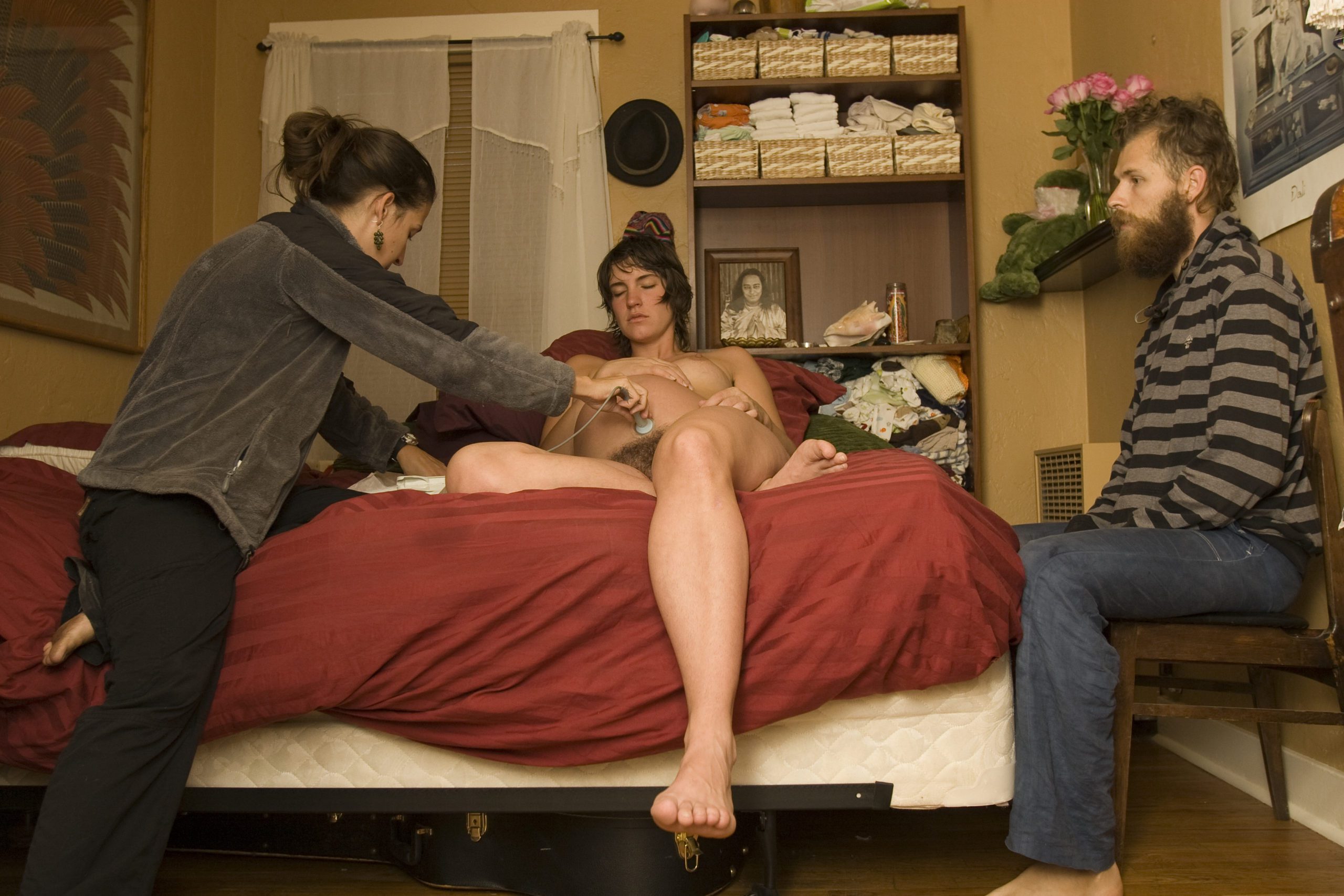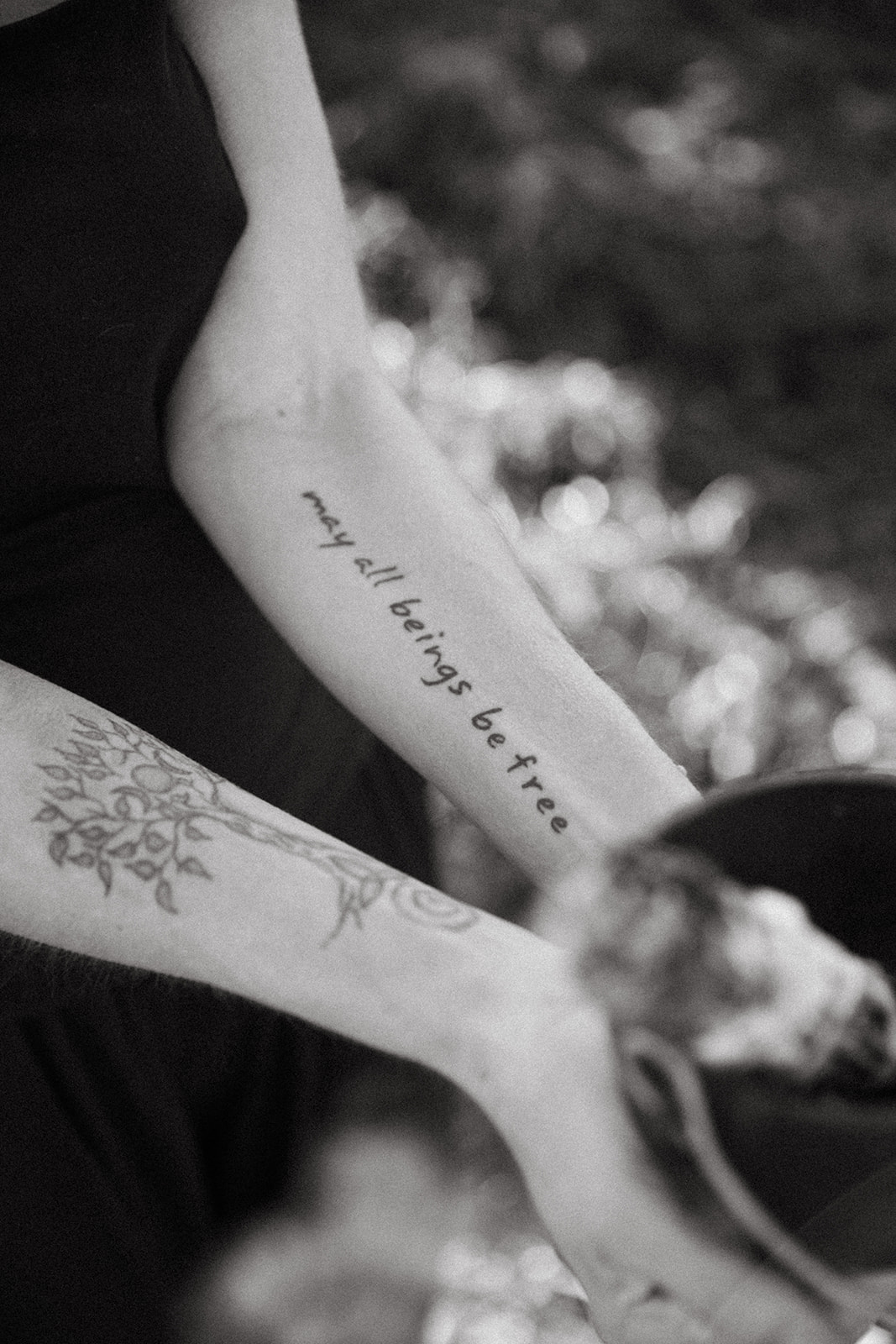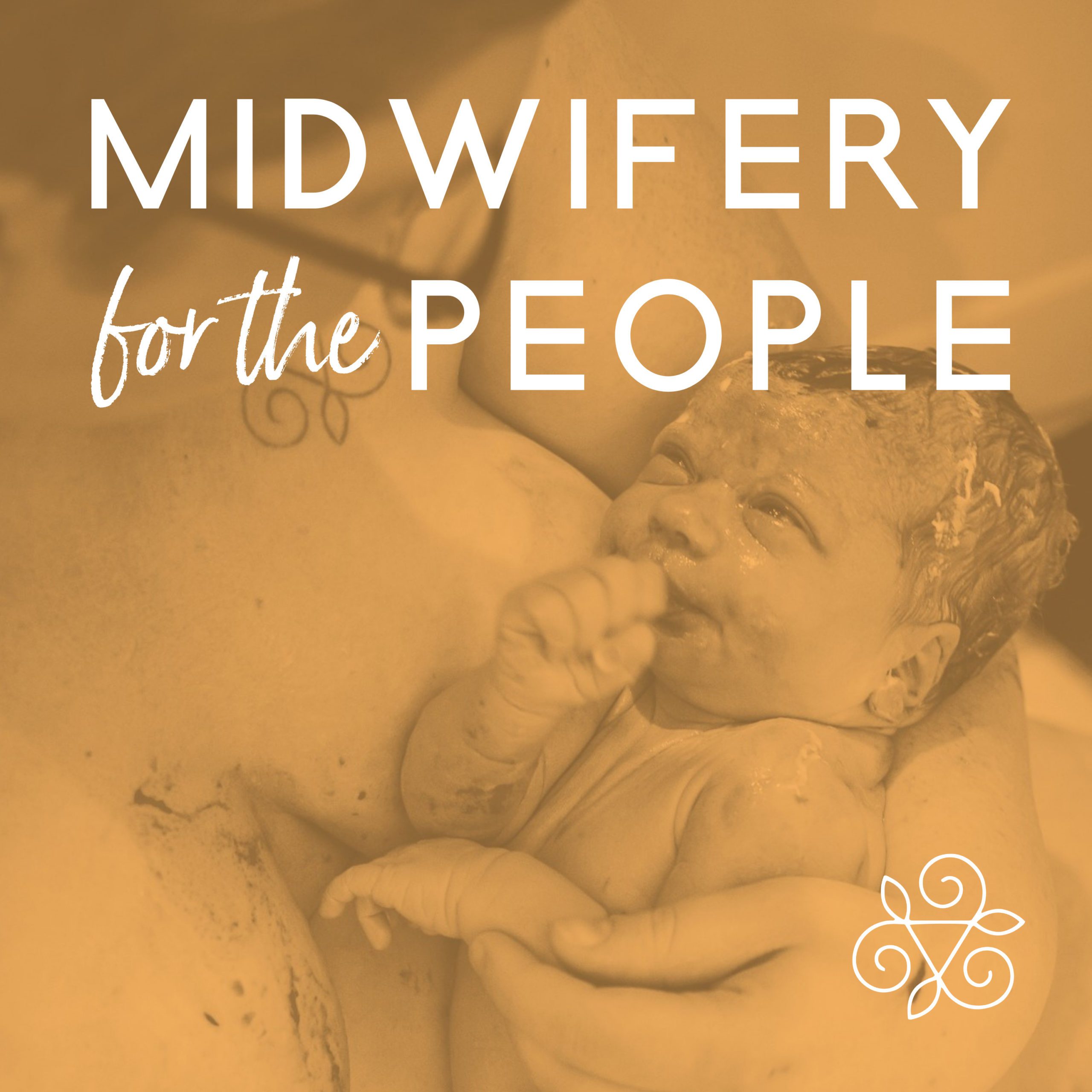On Sunday November 4 2007, I hosted a public screening of Ricki Lake’s homebirth movie, The Business of Being Born.
We had a great turn out and some great discussion about the issues that this movie brings into the spotlight.
 Thank you, Ricki and friends for this foray into the “subculture” of homebirth. That’s probably the most promising idea of this movie- a somewhat mainstream take on a very fringe topic.
Thank you, Ricki and friends for this foray into the “subculture” of homebirth. That’s probably the most promising idea of this movie- a somewhat mainstream take on a very fringe topic.
The idea of having a baby at home is not only foreign to most Americans, but absolutely unthought of. It is not uncommon for people to not realize, not even imagine that a baby could be born at home. So, to that end, this movie is a huge success.
Ricki makes it clear, by adding her personal experience as well, that giving birth without drugs at home is not an experience reserved for hippies living in a commune. It is a viable option that average American women are learning about every day.
And to the dismay of the AMA, the facts about hospital birth are becoming more and more unappealing and disturbing-another highlight of this movie.
Every person in America that is unfamiliar with the idea of homebirth needs to see this film. Not just women, but their partners, their families, and most of all their children. If we can’t save the present generation, we need to work on the future ones. Just having an image to counter the typical “Baby Story” that is on TV several times a day makes this movie worth it as well. If nothing else, it makes one think just a little bit about the status quo for birth in this country. Is hospital birth as safe as we think it is?
As a “professional” in this birth industry I only have one gripe with this movie. And it is not so much the movie but the current state of acceptance of homebirth in our present culture. It is as if Ricki realizes that baby steps need to be taken, and the mainstream can’t take in too much information past the introduction of homebirth into their minds.
But I think the movie would be more convincing (especially to those desiring more information about the experience of homebirth) to include a complete and realistic view/experience of midwifery care.
The movie touches on it–the star midwife makes house calls and the relationship between she and her clients makes going to an OB seem like going to to an alien planet for pregnancy care. But they could have gone further, because homebirth is not JUST birth but midwifery care.
There needs to be more explanation, more detail, more care in representing what midwives offer to pregnant women. It IS house calls, and one-on-one care… but it is often so much more than that. It is 10 months of detailed clinical care, where most midwives can offer every option that any doctor can to their clients.
The difference is that the midwife will likely offer informed consent, which is huge. Every decision is presented as a choice. There is no “routine” anything for many midwives. The care for each woman is completely individualized.
A midwife is a woman’s advocate-she is her friend and counselor, her advisor as well as her “health care provider”.
And birth is not just birth–it is the experience that the pregnant woman has to grow, emotionally, spiritually and of course physically in the months preceeding.
The end result is SO directly tied to what comes before–there are much fewer surprises than the medical world, and even this movie would have you believe.
If you haven’t seen the movie, take a moment to watch the trailer below:





+ show Comments
- Hide Comments
add a comment